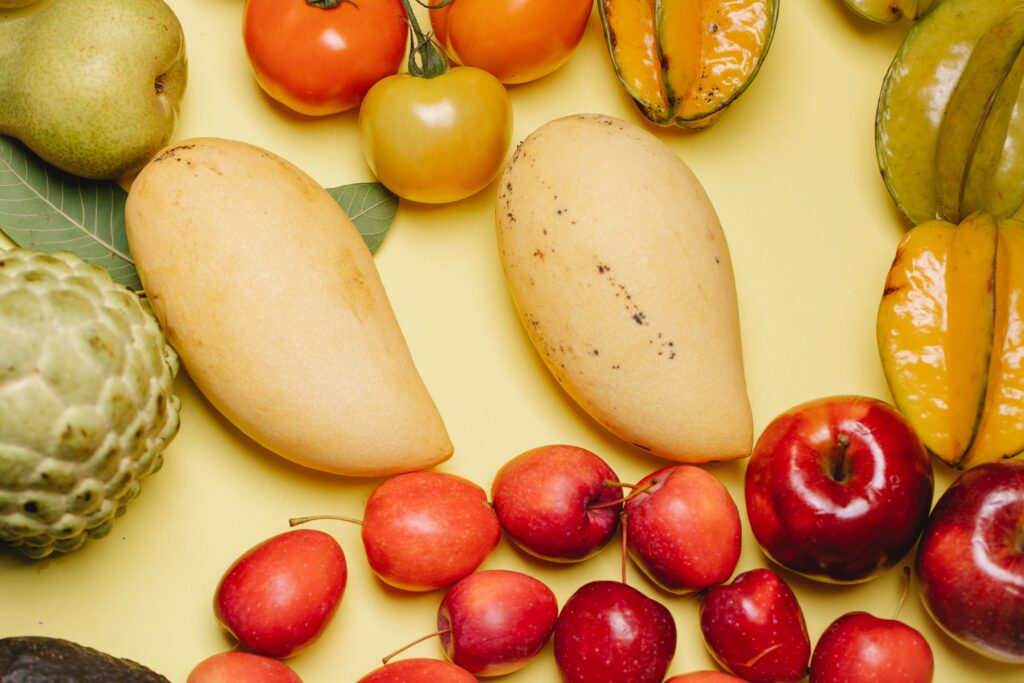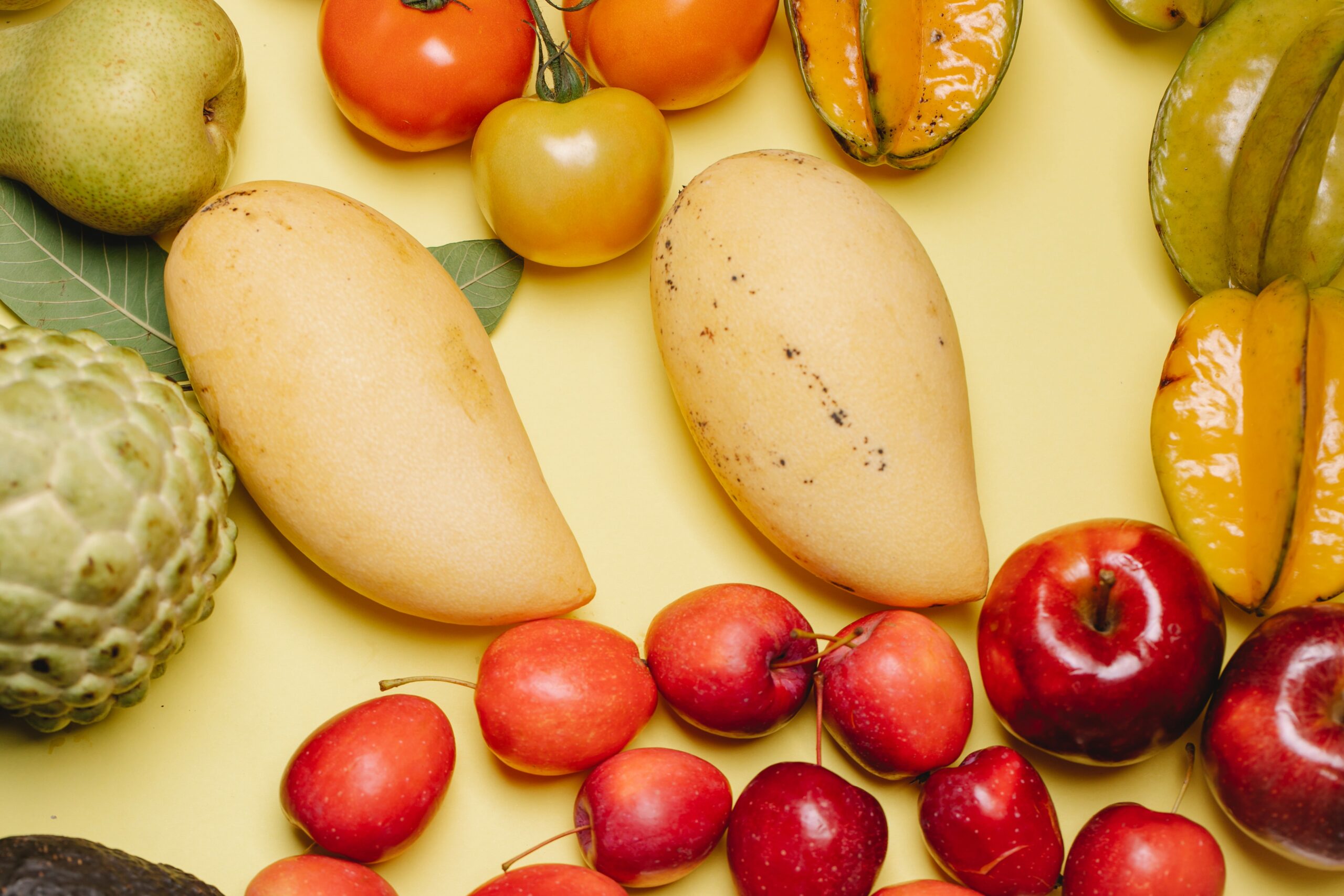
Introduction
Living with ulcerative colitis (UC) can be challenging, especially during a flare-up. During these periods, it’s crucial to pay extra attention to your diet to manage symptoms and promote gut health. While everyone’s triggers can vary, there are certain foods that are generally known to exacerbate UC symptoms. In this blog post, we’ll explore the top 10 foods to avoid during a UC flare to help you on your journey to better gut health.
Disclaimer: I am not a medical professional, and the content provided in this blog post is for informational purposes only. The information shared here is based on my personal experiences, research, and opinions. It should not be considered as a substitute for professional medical advice, diagnosis, or treatment. Always consult with a qualified healthcare provider or nutritionist before making any significant changes to your diet or lifestyle. Your individual health needs may vary, and a medical professional can provide personalized guidance tailored to your specific circumstances.
Foods and Beverages to Avoid
The list of foods below should typically be avoided during an IBD flare. One thing I will add is that it is very important to also get an allergy panel if you are experiencing IBD-related issues so you know what foods you’re body will naturally react negatively to. You should avoid any allergens in addition to minimizing or avoiding consumption of the following items.
- High-Fiber Foods
While fiber is essential for overall digestive health, it can be problematic during a UC flare. High-fiber foods, like whole grains, raw vegetables, and legumes, can be difficult to digest and may worsen symptoms such as diarrhea and abdominal pain. Instead, opt for low-fiber alternatives like white rice and peeled, cooked fruits and vegetables.
- Dairy Products
Dairy products, such as milk, cheese, and yogurt, can be irritating to the gut, especially for those with lactose intolerance. During a UC flare, it’s best to avoid dairy or switch to lactose-free alternatives to prevent diarrhea and gas. My favorite dairy-free milk option is oat milk!
- Spicy Foods
Spices and spicy foods can irritate the lining of the colon, leading to increased inflammation and discomfort. Avoid hot peppers, chili, and heavily spiced dishes during a flare-up.
- Fatty and Fried Foods
Fatty and fried foods can be difficult for the digestive system to handle, and they may lead to increased diarrhea and discomfort. Steer clear of deep-fried foods, buttery dishes, and heavy gravies during UC flares.
- Carbonated Beverages
Carbonated beverages, including sodas and sparkling water, can introduce excess gas into your digestive system, leading to bloating and cramps. Opt for still water or herbal teas to stay hydrated.
- Alcohol
Alcohol can be harsh on the gut lining and may exacerbate UC symptoms. It can also interfere with medications, impair nutrient absorption, and further disrupt your microbiome. During a flare, it’s best to limit or avoid alcohol altogether.
- Caffeine
Caffeine, found in coffee, tea, and some soft drinks, can be a gut irritant and a diuretic, potentially aggravating diarrhea and dehydration. Consider switching to caffeine-free alternatives or herbal teas.
- Artificial Sweeteners
Artificial sweeteners like sorbitol and aspartame are known to cause gastrointestinal distress in some people. Check food labels for these sweeteners and try to avoid products that contain them.
- High-Residue Vegetables
Certain vegetables like broccoli, cauliflower, and Brussels sprouts are high in fiber and may be hard to digest during a UC flare. Opt for well-cooked, low-residue vegetables like carrots or green beans.
- Nuts and Seeds
Nuts and seeds are often high in fiber and can be abrasive to the inflamed lining of the colon. It’s best to avoid them during a flare-up. Nut butters without added seeds can be a better alternative.
Conclusion
During a UC flare, it’s essential to prioritize foods that are gentle on your digestive system and minimize those that can exacerbate symptoms. Keep in mind that individual triggers can vary, so it’s crucial to pay attention to your body and consult with a healthcare professional or a registered dietitian for personalized dietary guidance. By avoiding the top 10 foods mentioned above and focusing on a gut-friendly diet, you can better manage your UC symptoms and promote overall gut health.

